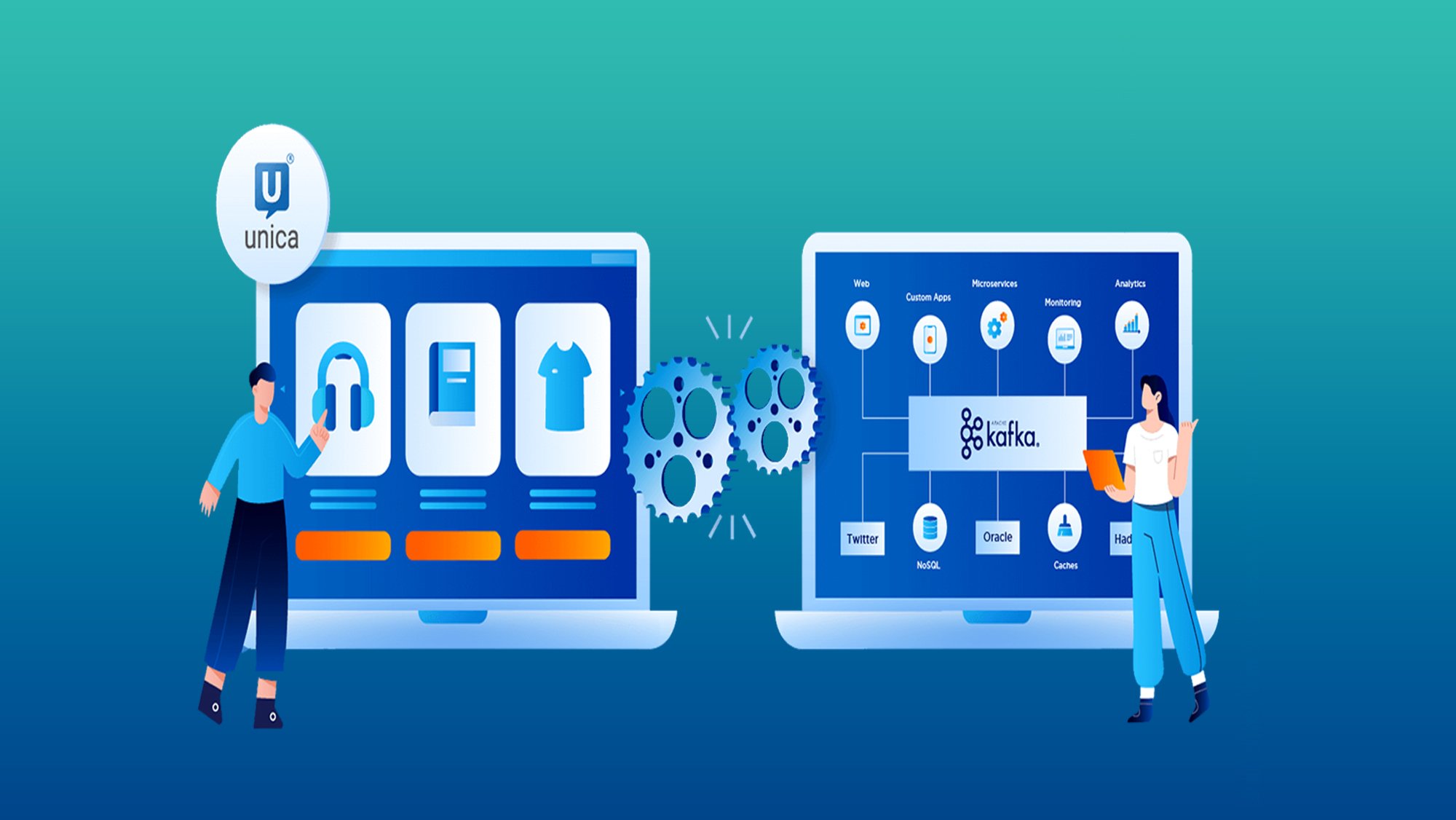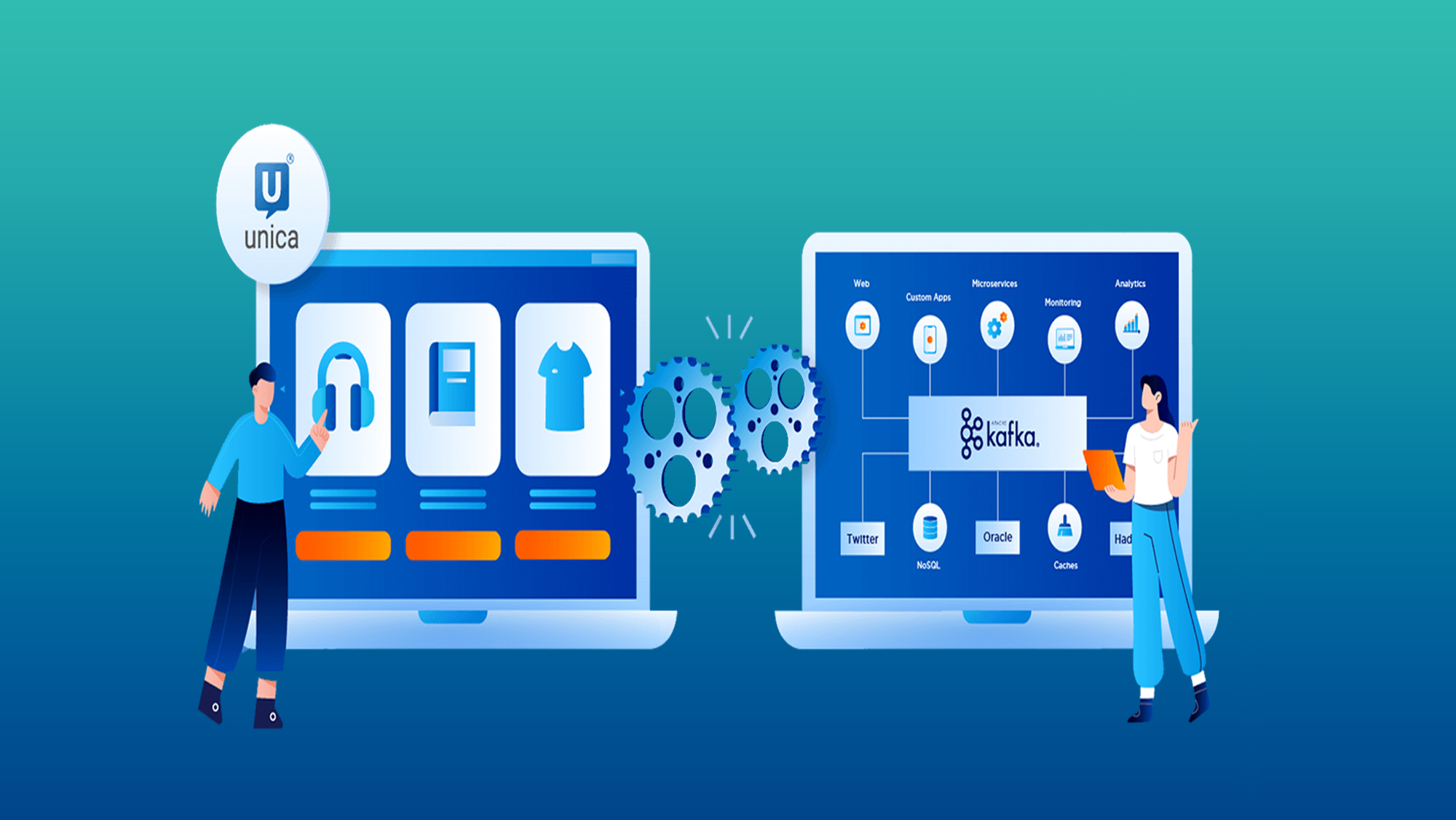Prerequisite for Apache Kafka Courses
- Basic programming skills: Familiarity with programming concepts and experience with a programming language such as Java, Python, or Scala is beneficial for understanding and working with Kafka.
- Understanding of distributed systems: Knowledge of distributed systems concepts like scalability, fault-tolerance, and data replication can help grasp the underlying principles of Kafka's architecture.
- Command-line and terminal proficiency: Being comfortable with command-line interfaces and basic terminal operations will be useful for executing Kafka commands and running related tools.
- Familiarity with Linux/Unix environments: Apache Kafka runs efficiently on Linux-based systems, so having some familiarity with Linux/Unix commands and shell scripting can be advantageous.
- Understanding of messaging and event-driven architectures: Prior knowledge of messaging systems, event-driven architectures, and concepts like publish-subscribe model, message queues, and topics will provide a foundation for learning Kafka.
- Database and data processing concepts: A basic understanding of databases, data processing, and related concepts like SQL, data serialization formats (such as JSON or Avro), and data integration will facilitate working with Kafka's data streams.
Who can do Apache Kafka Courses?
Apache Kafka courses are open to a diverse audience. Software developers, engineers, and architects who want to learn about building scalable, real-time data pipelines and event-driven architectures can benefit from Kafka training. Data engineers, data scientists, and data integration specialists seeking to enhance their skills in handling high-volume data streams can also enroll. Additionally, system administrators, IT professionals, and anyone involved in big data analytics or messaging systems can leverage Kafka courses to gain valuable knowledge and stay ahead in the rapidly evolving data landscape.
Apache Kafka Career Opportunities
- Kafka Developer: Design, develop, and implement Kafka-based data pipelines and streaming applications, ensuring high scalability and fault tolerance.
- Data Engineer: Build and manage large-scale data infrastructure using Kafka, integrating real-time data streams into data processing frameworks for analytics and machine learning.
- Stream Processing Engineer: Utilize Kafka Streams or other stream processing frameworks to develop real-time data processing applications, enabling near-instantaneous analysis and insights.
- Big Data Architect: Design end-to-end data architectures incorporating Kafka for real-time data ingestion, processing, and storage, enabling organizations to leverage big data technologies effectively.
- Data Integration Specialist: Integrate diverse data sources and systems using Kafka, enabling seamless data flow and synchronization across applications and platforms.
- Data Operations Engineer: Manage and monitor Kafka clusters, ensuring high availability, performance optimization, and troubleshooting to support mission-critical real-time data pipelines.
- Data Analytics Engineer: Leverage Kafka to enable real-time analytics, developing systems and processes to extract valuable insights from streaming data for business intelligence and decision-making.
- Solutions Architect: Design and architect Kafka-based solutions for enterprises, collaborating with stakeholders to identify requirements and provide scalable, reliable, and high-performance data streaming solutions.
- Cloud Data Engineer: Implement and manage Kafka clusters in cloud environments, leveraging cloud-native services and technologies to build scalable and resilient data pipelines.
- Consultant/Trainer: Share expertise by providing consulting services or training on Kafka, helping organizations adopt and optimize Kafka-based solutions.
What are the Key Components of Apache Kafka Training?
- Introduction to Kafka: An overview of Kafka's architecture, features, and benefits, including its role in building real-time data pipelines and event-driven applications.
- Kafka Core Concepts: A deep dive into the fundamental concepts of Kafka, such as topics, partitions, producers, consumers, brokers, and replication.
- Kafka Ecosystem: Exploration of the broader Kafka ecosystem, including related tools and technologies like Kafka Connect for data integration, Kafka Streams for stream processing, and Schema Registry for data serialization.
- Kafka Setup and Configuration: Guidance on installing, configuring, and managing Kafka clusters, including topics like cluster sizing, fault tolerance, and performance optimization.
- Kafka Producers and Consumers: Hands-on experience with developing Kafka producers and consumers using programming languages like Java, Python, or Scala, and understanding different consumer groups and offsets.
- Kafka Streams Processing: Introduction to Kafka Streams API and stream processing concepts, including transformations, windowing, aggregations, and stateful processing.
- Data Integration with Kafka: Integration of Kafka with various data systems and frameworks, including databases, message queues, and big data platforms like Apache Hadoop and Apache Spark.
- Monitoring and Operations: Best practices for monitoring Kafka clusters, managing topics, configuring security, handling failures, and ensuring high availability and performance.
- Real-world Use Cases: Practical examples and case studies showcasing the application of Kafka in different industries and scenarios, such as IoT, real-time analytics, and microservices architecture.
- Hands-on Exercises: Hands-on labs and exercises to reinforce the theoretical knowledge, allowing participants to gain practical experience in setting up Kafka, building producers/consumers, and developing stream processing applications.
- Performance Tuning and Optimization: Techniques for optimizing Kafka's performance, handling high throughput, minimizing latency, and scaling Kafka clusters.
- Security and Authentication: Overview of security features in Kafka, including authentication, authorization, SSL encryption, and securing data in transit and at rest.
Conclusion:
Apache Kafka has emerged as a leading distributed streaming platform, empowering organizations to handle high-volume real-time data streams with ease. Its fault-tolerant and scalable architecture makes it a valuable tool for building data pipelines, implementing event-driven architectures, and enabling real-time analytics. With a wide range of career opportunities in the field of data engineering, streaming data processing, and more, Kafka has become a critical technology for businesses aiming to leverage the power of real-time data in today's fast-paced and data-driven world.







No Comments Yet
Let us know what you think